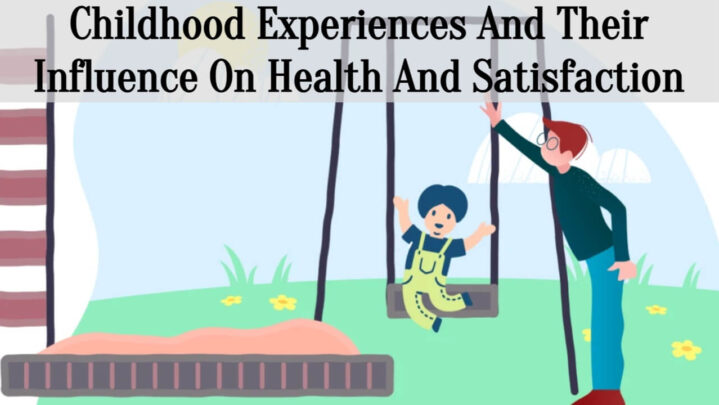Adverse experiences, like abuse, neglect, poverty, and violence, can have long-term medical and psychological implications, such as chronic illnesses, mental health issues, and social challenges.
Positive childhood experiences, on the other hand, such as having supportive caregivers, engaging in physical exercise, and participating in educational and social activities, have been related to improved health, healthier relationships, and greater levels of life satisfaction. These experiences can alter people’s health practices, resilience, and social support networks, which can help shield them from the detrimental effects of adversity in childhood.
According to research, the effects of childhood events can last into adulthood, even after decades have gone by. As a result, resolving negative childhood experiences and supporting positive childhood experiences is critical in promoting long-term health and well-being.
Furthermore, interventions and support throughout childhood can make a big impact in reducing the detrimental effects of adversity. Early childhood education, mentorship, and trauma-focused treatment are all programs that can help children overcome hardship and build resilience.
Finally, childhood experiences can have long-term implications on adult health and happiness. While unpleasant experiences can result in undesirable effects, positive ones can provide the groundwork for healthy and meaningful lives. It is necessary to realize the significance of childhood experiences and to prioritize efforts to foster positive experiences while addressing the implications of negative ones.
Also Read: 5 Causes Of Weight Increase And Suggestions For Good Management





